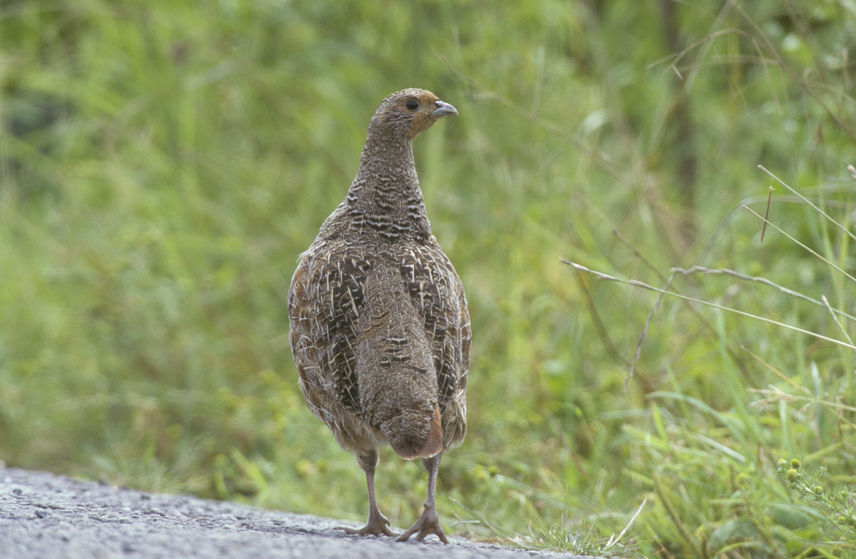
Farmers are being encouraged to get behind this year's Big Farmland Bird Count to showcase the conservation work being done on farms across the country.
The Big Farmland Bird Count returns in 2021, and organisers are asking farmers and land managers - who look after 71% of Britain's countryside - to join in.
The project helps show which farmland birds are benefitting from conservation efforts while identifying the species most in need of help.
The annual count, run by the Game & Wildlife Conservation Trust (GWCT), is scheduled for the 5 – 14 February 2021.
Dr Roger Draycott, organiser at the GWCT, said many farmers were 'already doing fantastic work' to support and conserve the UK's native species.
Measures undertaken include supplementary feeding through winter, or growing crops specifically to provide seed for birds, which 'often goes unrecognised'.
"The Big Farmland Bird Count gives them a chance to see the results of their efforts and provides a crucial national snapshot of the health of the UK’s farmland birds,” Dr Braycott said.
Jim Egan, head of development at the Allerton Project, said farmers were 'vital' in helping to ensure the future survival of bird species such as skylark, yellowhammer, corn buntings and wild grey partridges.
"They are responsible for managing the largest songbird habitat in this country on their land but frequently their efforts to reverse bird declines are largely unrecorded.
"We believe our Big Farmland Bird Count will help remedy this, particularly as our earlier pilot count showed such encouraging results. ”
Backing this year's count is the Farmers’ Union of Wales (FUW), which is encouraging farmers to get showcase the 'great conservative work' being done on Welsh farms.
To help farmers understand what’s involved, the union is hosting a joint webinar with the GWCT on Monday 1 February via Zoom.
FUW president Glyn Roberts said: “The aim of the count is to highlight what can be done to help farmland birds survive this difficult time of year so that the breeding populations are increased.
“I’m looking forward to the webinar which will help us to understand the importance of recording what birds are present and identify what effects Glastir – Wales’ agri-environmental scheme – has on bird numbers.”
